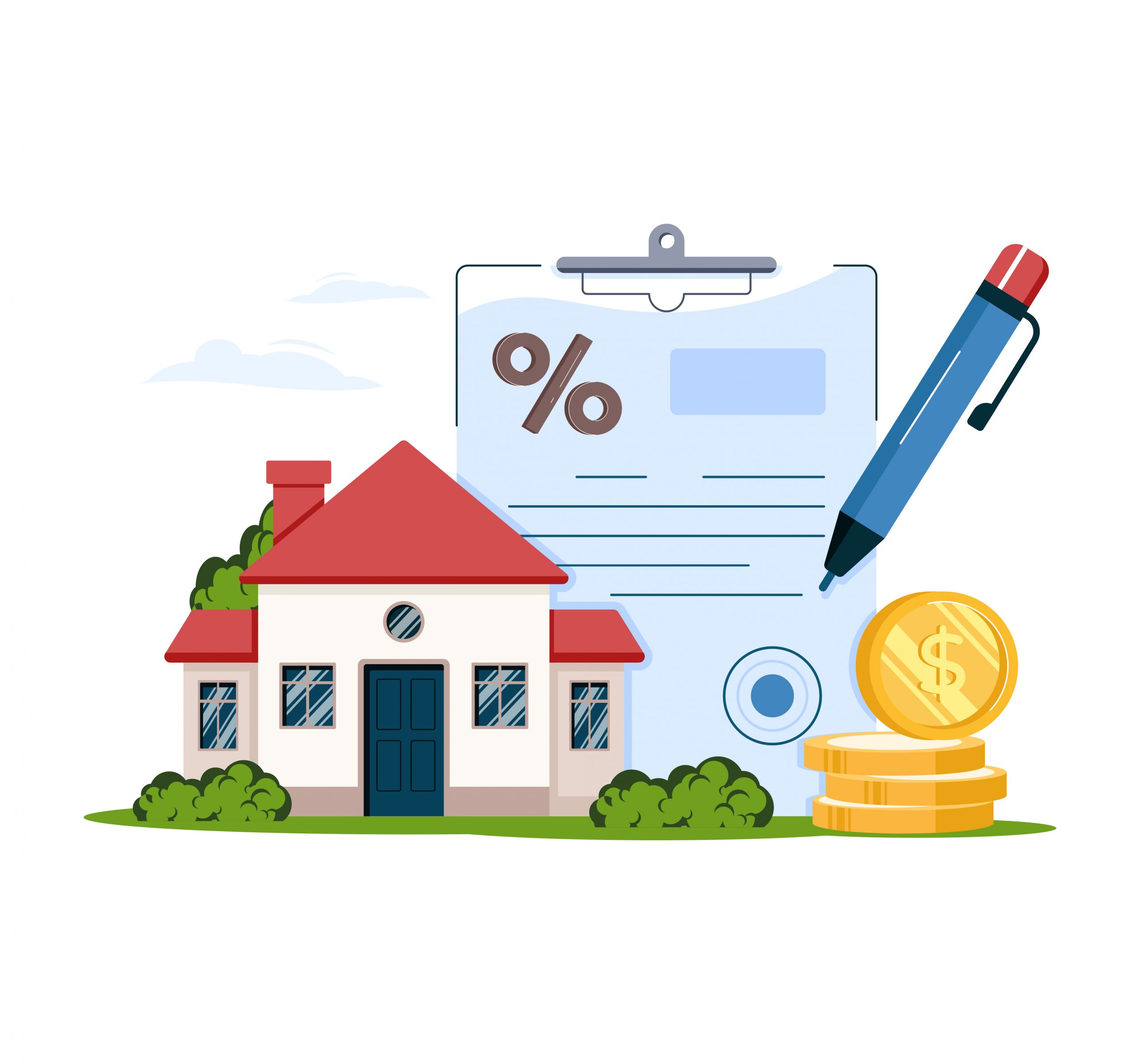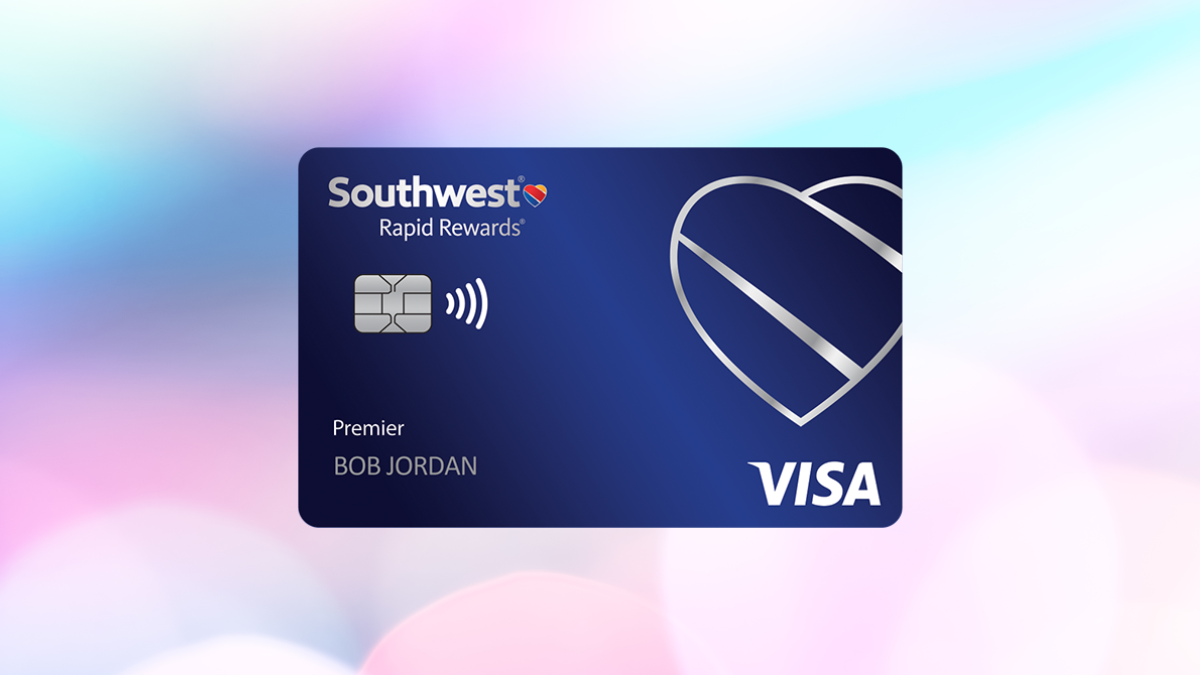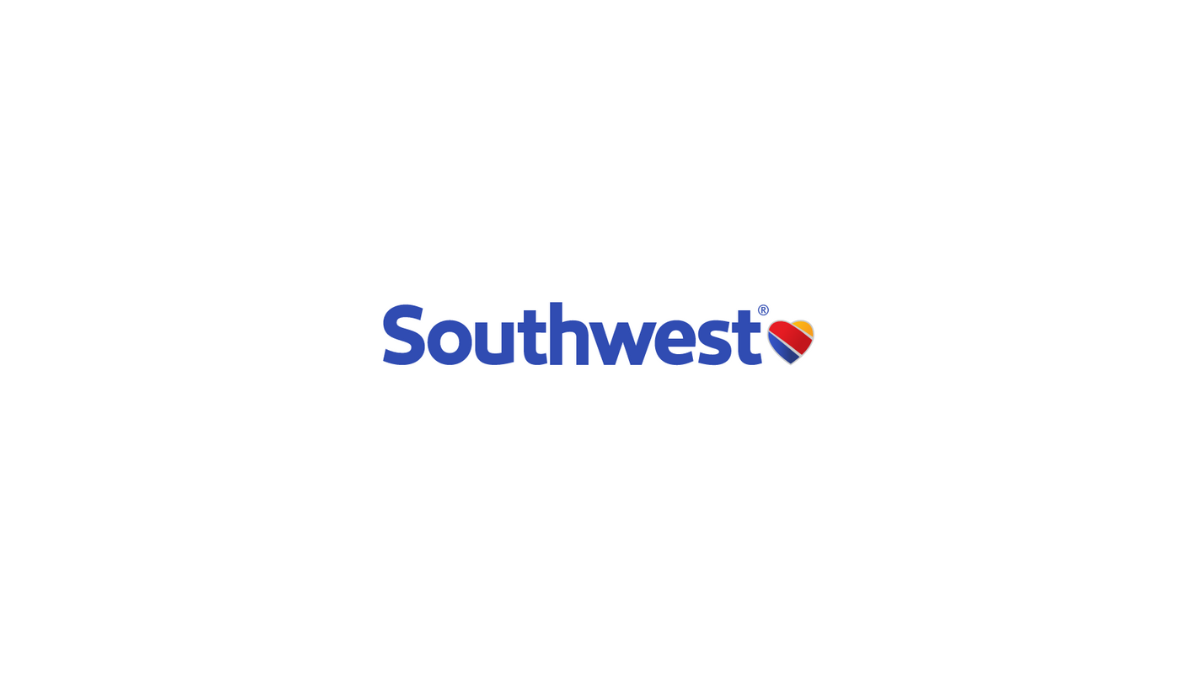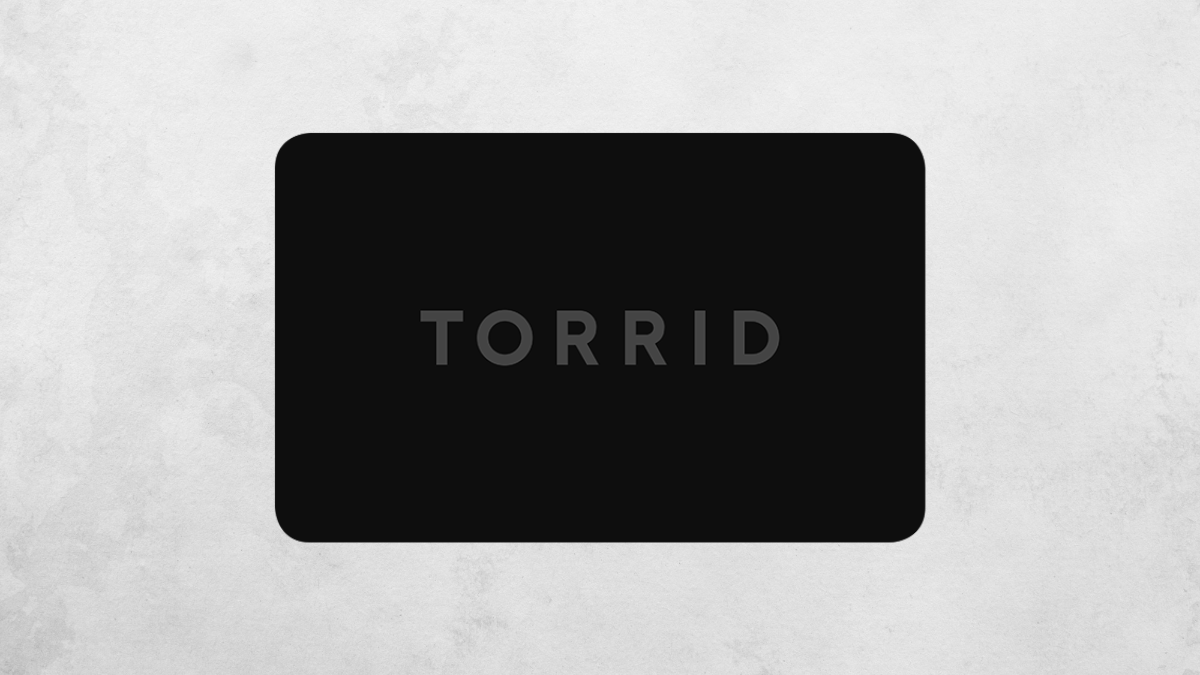Loans
Choose the best mortgage for your finances
Your choice of mortgage affects the quality of your financial life. Here's how to choose one that fits you and know what questions to ask a lender.
Advertisement
Find the best mortgage with the perks you need to finance your new home!
Pick a mortgage based on your financial needs
When it comes time to choose a mortgage, there are many boxes to tick. How much can you afford each month? Which type of loan is best for you? And don’t forget about the interest rate!

What is a mortgage and how does it work?
When buying a house, it's important to know "what is a mortgage," so we are here to help. This post will explore this kind of loan. Read on!
Picking the right mortgage can save you money in the long term and make your monthly payments more affordable. This blog post will help you figure it out. Keep reading to learn more!
You will be redirected to another website
You’ll receive messages for less than 1 week, with a maximum of 1 message per day. You can unsubscribe anytime by replying STOP. By submitting this form, I confirm that I am 18+ years old and agree to the Privacy Policy and Terms and Conditions. I also provide my signature, giving express consent to receive informational messages via automated emails, SMS, MMS text messages, and other forms of communication. Message frequency may vary as part of our good-faith effort to respond to your inquiry. Message and data rates may apply. Text STOP to cancel. I understand that my consent to receive communications is not a condition of purchase and that I may revoke my consent at any time.
Advertisement
Is a mortgage the same as a home loan?
A mortgage is a loan that helps you finance the purchase of a house.
When you take out a mortgage, you agree to repay the loan over a set period of time, usually 15 or 30 years.
Each month, you’ll make a payment toward the principal (the amount you borrowed) and interest (which is charged by the lender).
That’s how most people are able to afford a home without having to come up with the entire purchase price upfront.
There needs to be more clarity about mortgages and home loans.
A mortgage is actually a type of loan that uses real estate as collateral. The bank can seize your home if you don’t make your payments.
A home loan, on the other hand, is a type of loan that you can use to purchase a home.
It’s important to understand the difference between these two types of loans because they will affect how you finance your dream home.

Housing Assistance: find out what are your options
Unsure of where to turn for help with housing costs? Here's a guide to some popular housing assistance programs – who can benefit from them and what you need to know.
What are the different types of mortgages?

Advertisement
Conventional Loan
A conventional loan is a mortgage that is not insured or guaranteed by the government.
These loans are typically available with either fixed or adjustable rates and can be used to finance both primary residences and investment properties.
They typically require a minimum down payment of about 5%, but some lenders may allow you to put down as little as 3%.
Finally, it is available for people with good credit scores.
Jumbo Loan
A jumbo loan is ideal for people who want to buy an expensive house. It’s necessary to have an excellent credit score to apply for a Jumbo.
Advertisement
Government-Insured Loan
Government-insured loans are backed by either the Federal Housing Administration (FHA), the U.S. Department of Veterans Affairs (VA), or the U.S Department of Agriculture (USDA).
Fixed-Rate Mortgage
A fixed-rate mortgage is exactly what it sounds like — your interest rate will stay the same for the duration of your loan, no matter what happens in the broader market.
Adjustable-Rate Mortgage
An adjustable-rate mortgage (ARM) is a loan with an interest rate that can change over time based on market conditions.
These loans are typically available in terms ranging from five to ten years with annual or semi-annual adjustments thereafter.
What are the most common fees charged on a mortgage?

Here is a list of five of the most common mortgage fees:
Origination fees are typically charged by the lender in order to cover the cost of processing the loan. This fee is usually a percentage of the total loan amount and can vary depending on the lender.
Application fees are charged by some lenders in order to cover the cost of running a credit check and ordering any necessary documentation.
Attorney fees can be charged by either the lender or the borrower, depending on state law. These fees cover the cost of having an attorney present at closing to represent the lender’s interests.
Closing fees are charged by the title company or escrow agent in order to cover the cost of performing a title search and preparing all of the necessary paperwork for closing.
Credit report fees are charged by some lenders in order to cover the cost of ordering a credit report from one or more of the major credit bureaus.
What credit score do you need to apply for a mortgage?
Most mortgages require a good to an excellent score. In order to get the best interest rates and avoid paying extra for mortgage insurance, you’ll need a score of 680 or above.
However, you may still be able to get a mortgage with a lower credit score since some companies offer this service.
If your credit score is below 680, there are still some things you can do to improve your chances of getting approved for a mortgage.
For example, you can work on increasing your credit score by paying off debt and establishing a good history of on-time payments.
You can also try applying for a mortgage with a smaller loan amount or shorter term.
What are the required documents for the application process?
The documents you’ll need for a mortgage application vary depending on the lender and the type of mortgage you’re applying for.
However, most lenders will require documentation proving your income, your assets, and your liabilities.
- Some of the most common documents required for a mortgage application include the following:
- Proof of Income (such as pay stubs or tax returns)
- Proof of Assets (such as bank statements or investment statements)
- Proof of Liabilities (such as credit card statements or car loan statements)
- Copy of Your Driver’s License
- Copy of Your Social Security Card
- Mortgage Application Form
How to apply for a mortgage?
There are basically two ways to apply for a mortgage: online or through a physical branch.
1. Online
You can Apply for a Mortgage Online by visiting the website of the company you’re interested in borrowing from.
Most lenders have an online application process that’s quick and easy to use.
You’ll need to provide some personal information, like your name, address, contact details, and information about your employment and income.
2. Physical Branch
You can also Apply for a Mortgage at a Physical Branch. This option may be best if you want to speak with someone about your loan options.
No matter your mortgage, make sure you have a down payment and a good credit score. That will make things a lot easier.
To sum up, if you have been preparing to buy your first home, you can find useful tips on budgeting for your house in the post below. Check it out!

How to create an easy budget plan in 5 steps
Here's everything you need to know to create a budget that considers your fixed and variable expenses. Check it out!
Trending Topics

Apply for the Southwest Rapid Rewards® Premier Credit Card
Apply for Southwest Rapid Rewards® Premier Credit Card today and enjoy exclusive benefits! Earn 30k bonus points and more!
Keep Reading
The best free offline GPS: Never get lost again with these apps!
Check out our guide to the best free offline GPS apps to help you in any situation when an internet connection is not available.
Keep Reading
What is creditworthiness?
A definition and explanation of creditworthiness! Keep reading and learn how it can influence your finances! Start a wealthy life today!
Keep ReadingYou may also like

How to buy cheap Southwest Airlines flights
Get the scoop on how you buy cheap Southwest Airlines the next time you travel. Find where to look and how to save your cash. Read on!
Keep Reading
Hassle-free experience: Apply for LendKey Student Loans
Learn to apply for LendKey Student Loans and secure your education funding. Plus, discover a student-friendly credit card option!
Keep Reading
One-Stop Guide: How to Apply for Torrid Credit Card
Are you a Torrid lover? Learn to apply for the Torrid Credit Card now and score a 5% discount on all your purchases. Keep reading!
Keep Reading